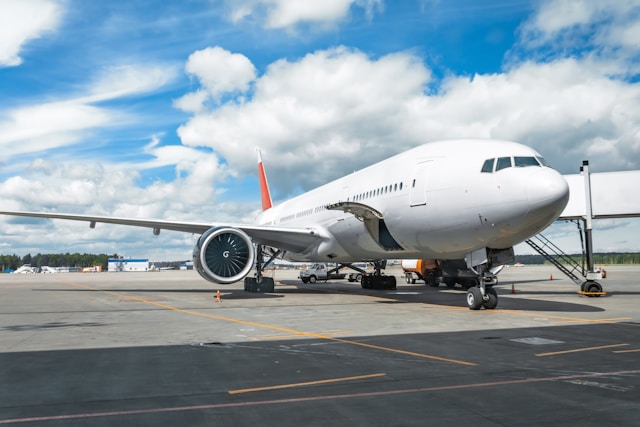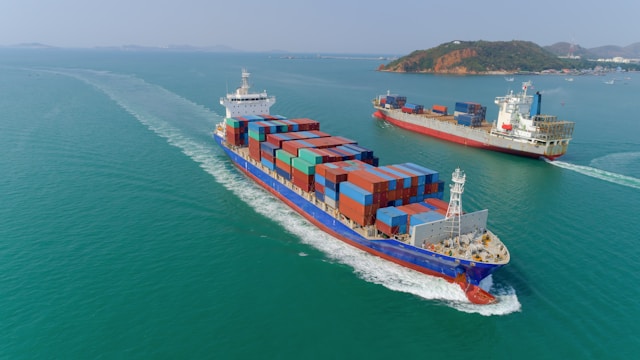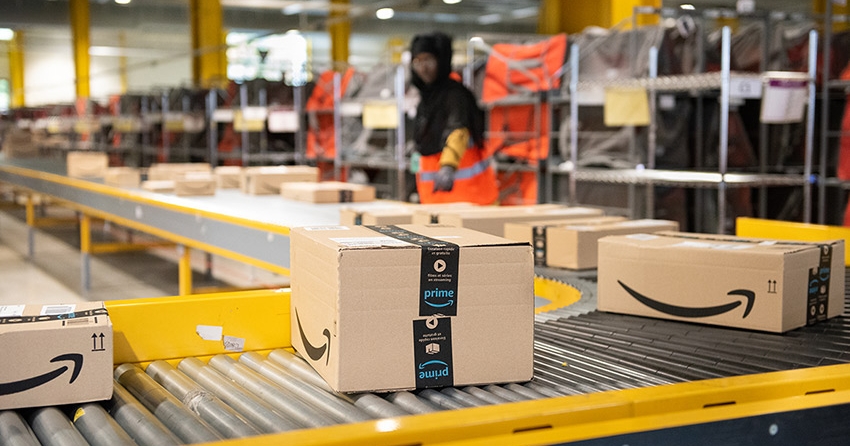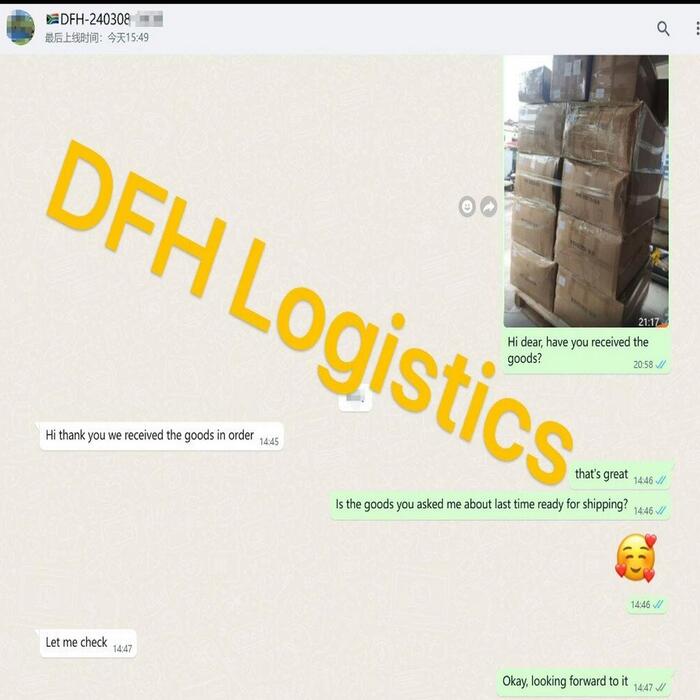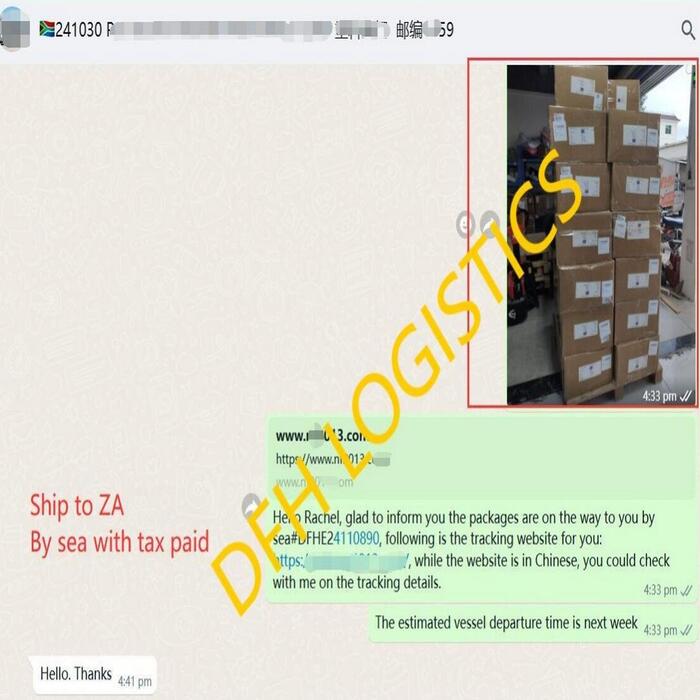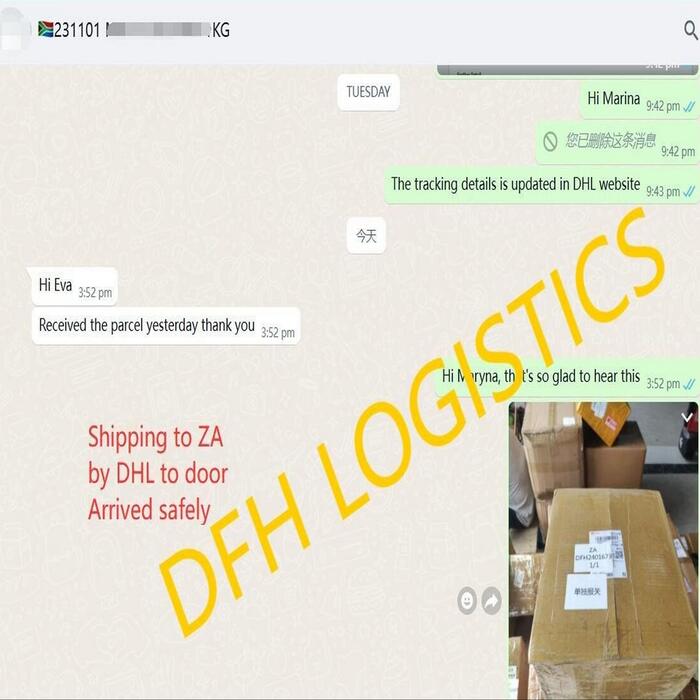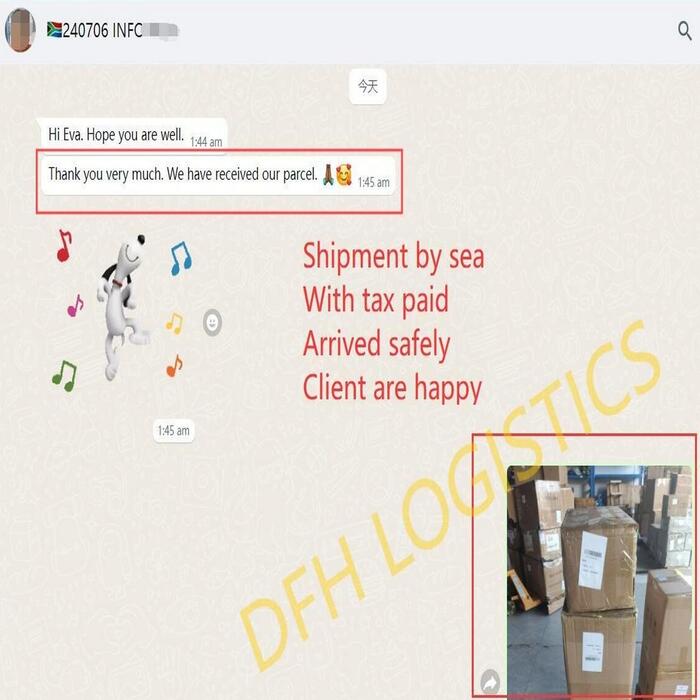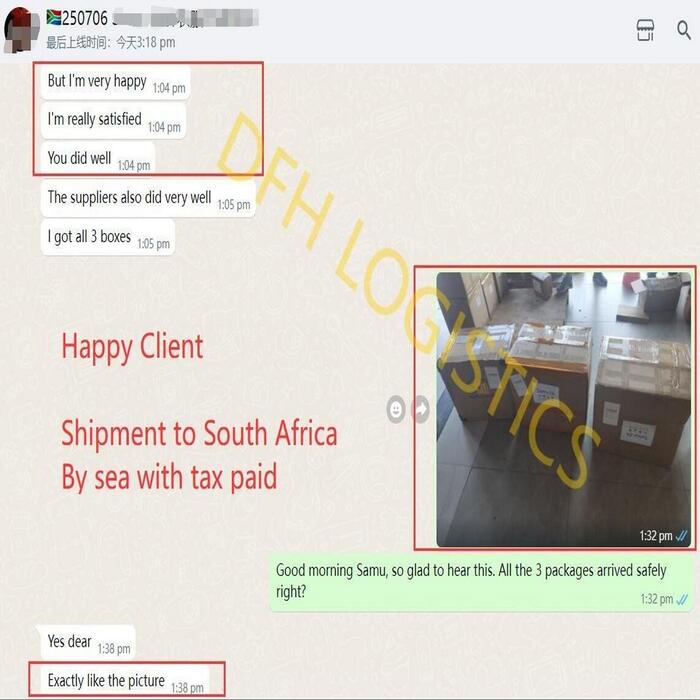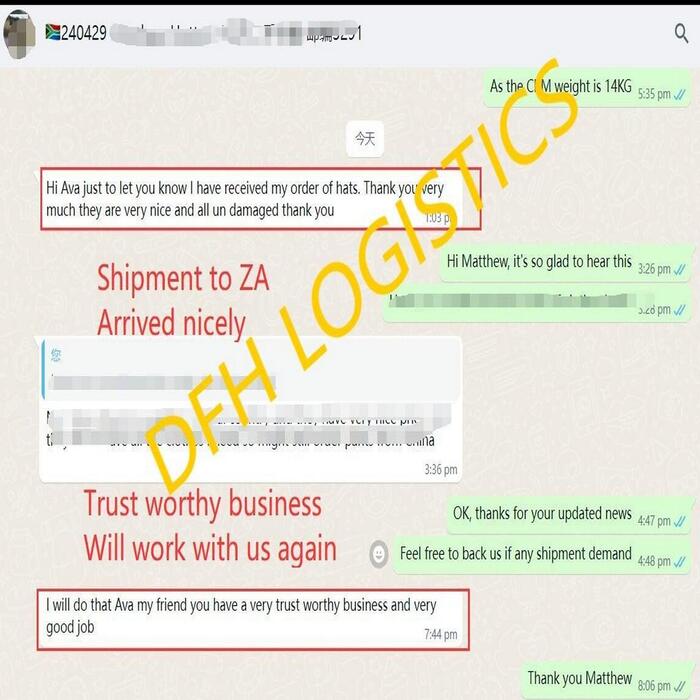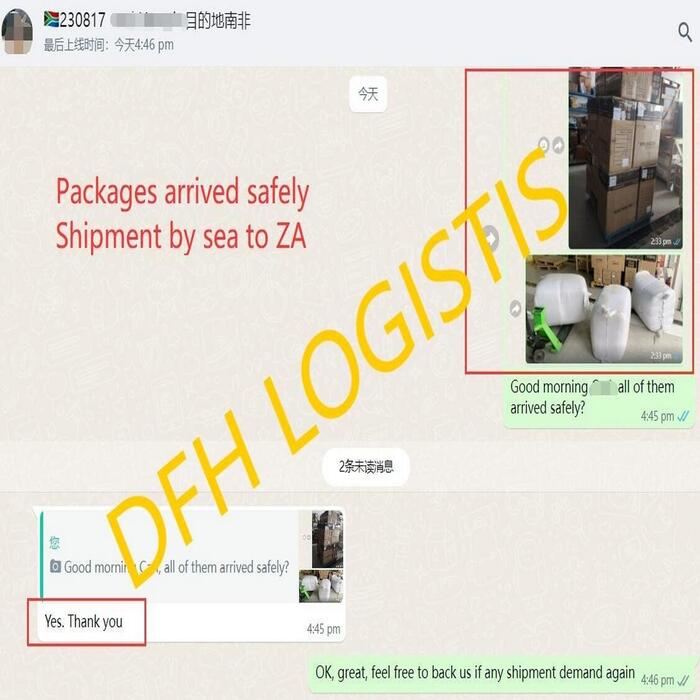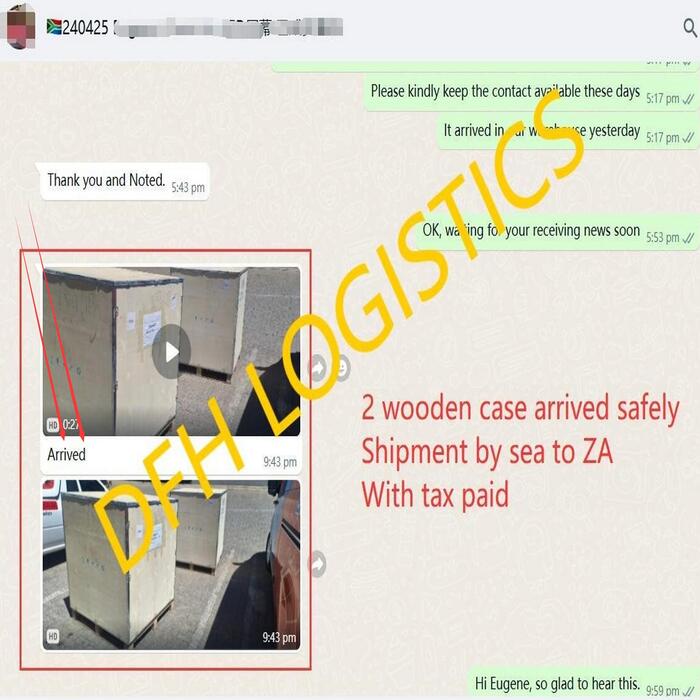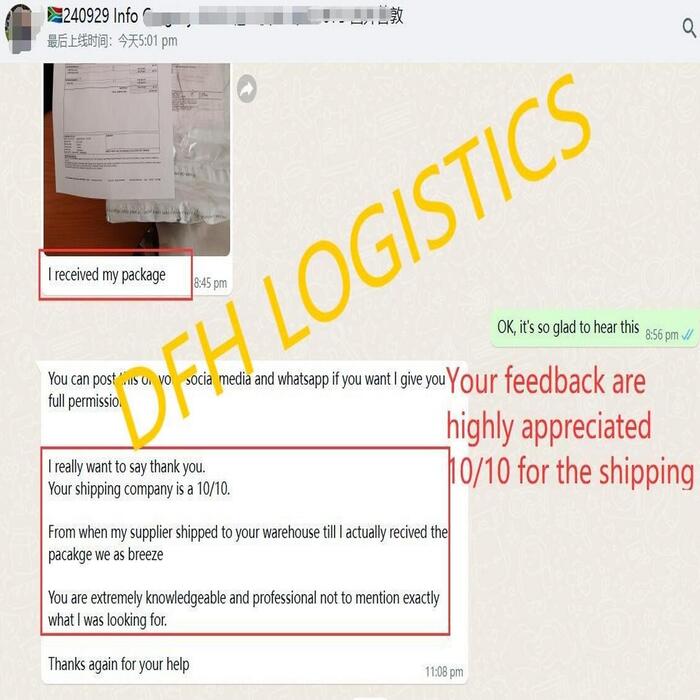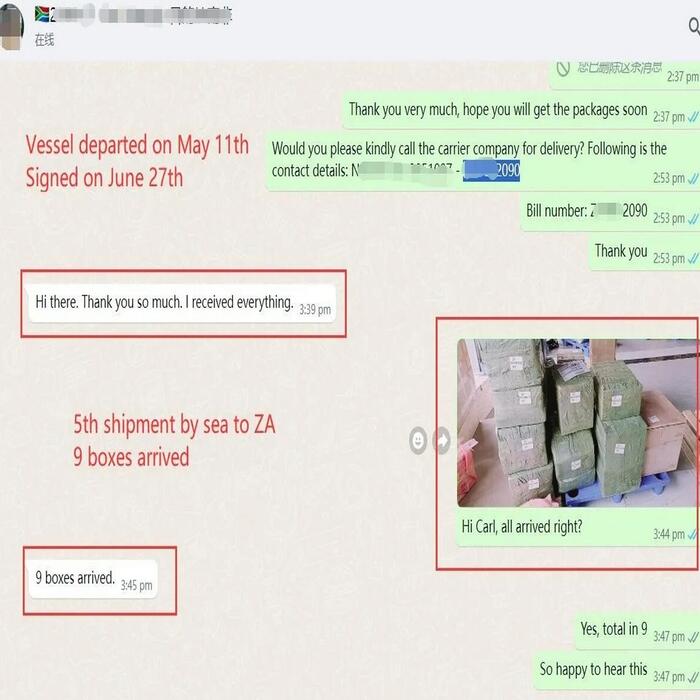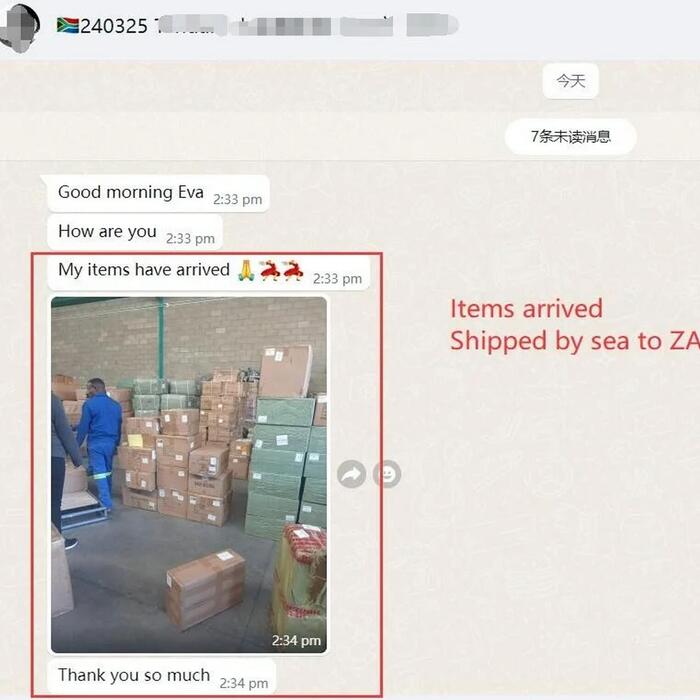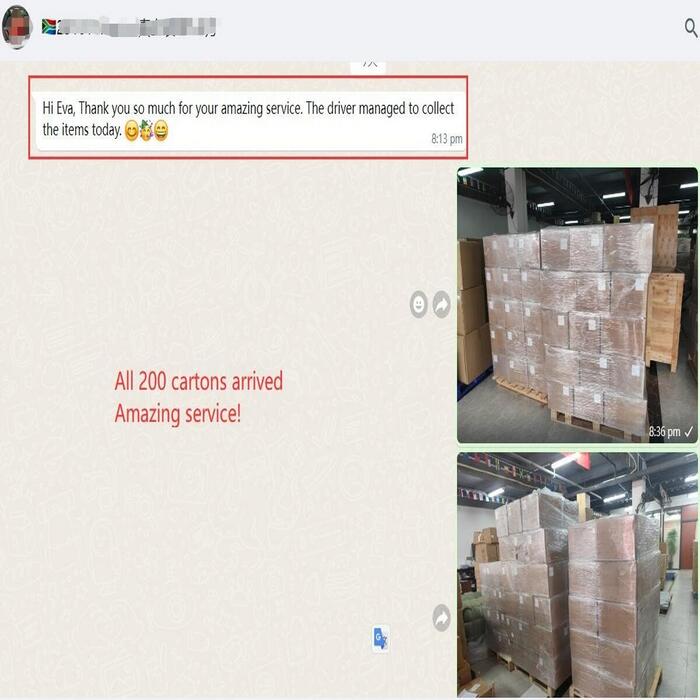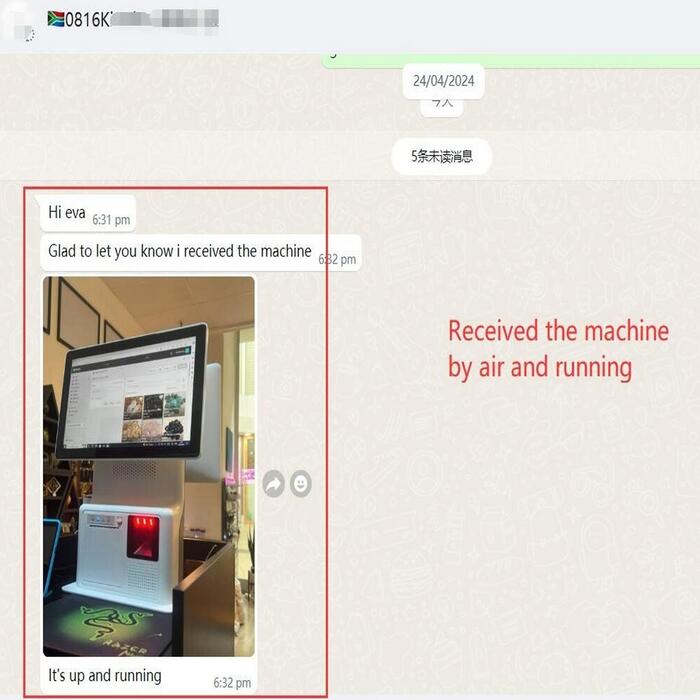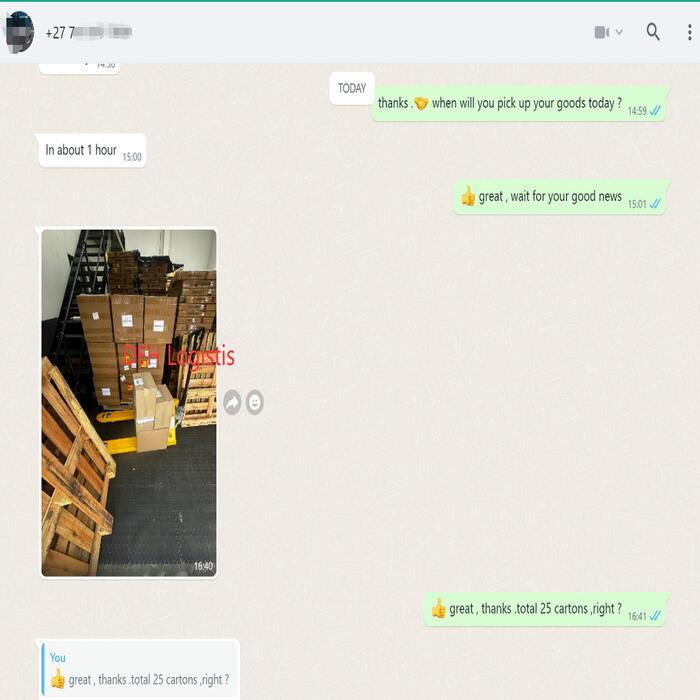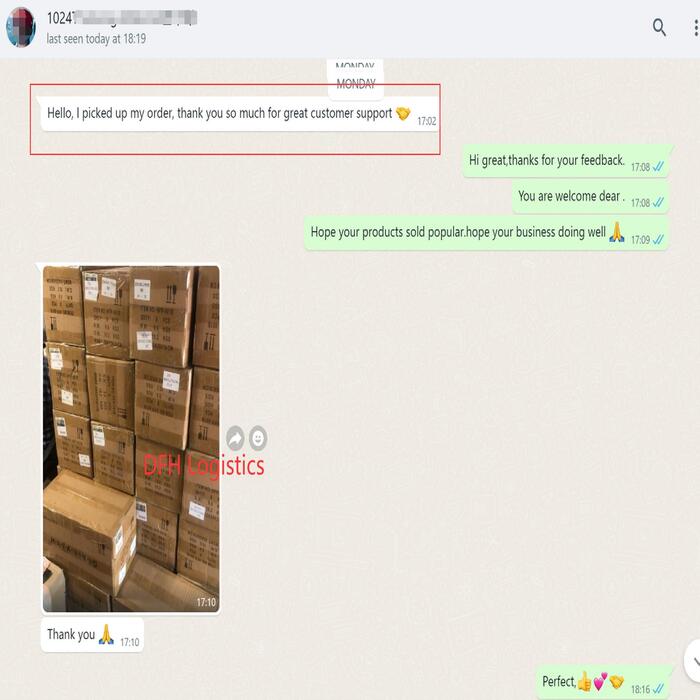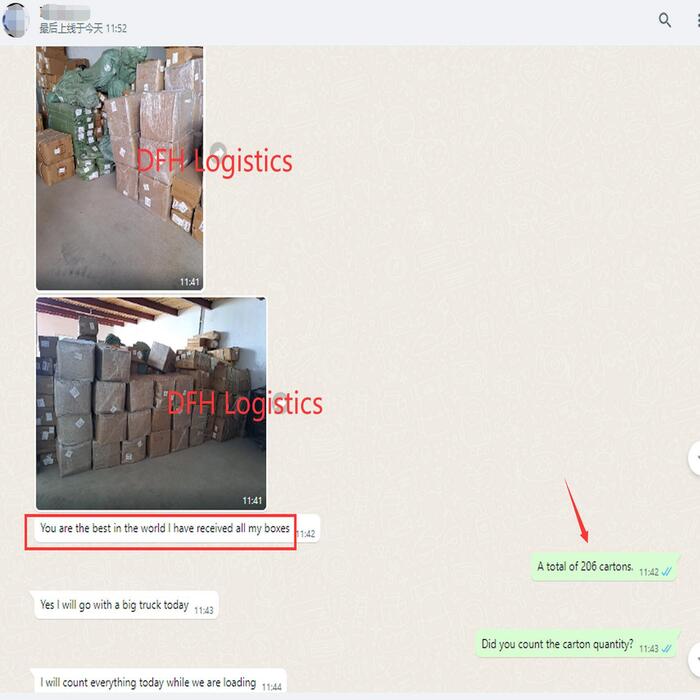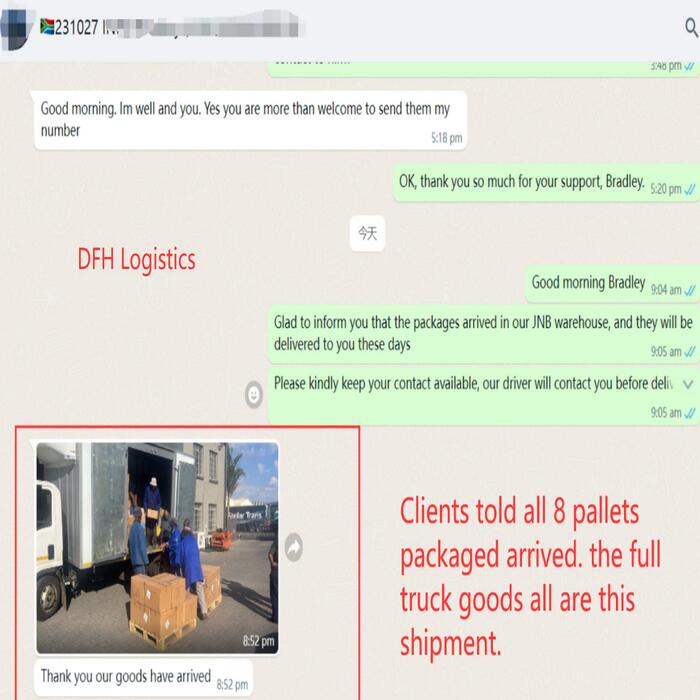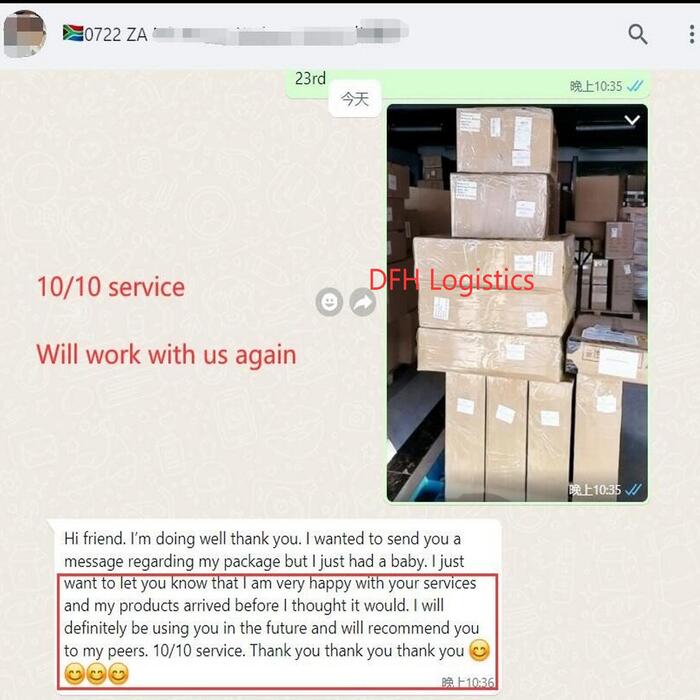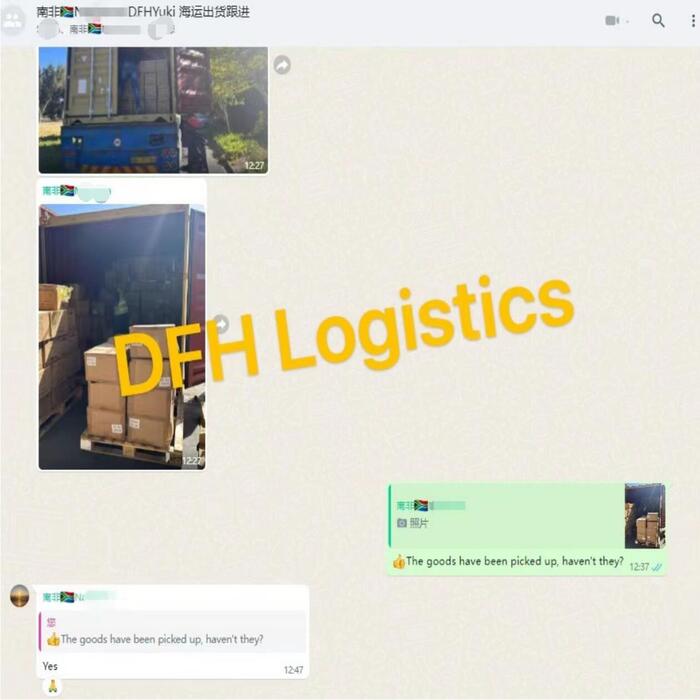Shipping goods from China to South Africa can be a straightforward and cost-effective process if you understand the logistics and options available. Whether you’re a business looking to expand or an individual sourcing products, having the right knowledge is crucial. In this guide, I’ll share everything you need to know, including shipping methods, costs, and tips to ensure your shipment arrives smoothly. With years of experience helping clients ship globally, I’m here to make international shipping to South Africa hassle-free and efficient.
What are the 3 Shipping Options from China to South Africa?
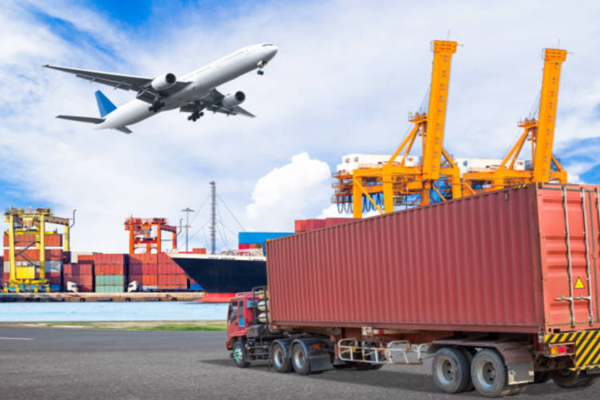
Shipping goods from China to South Africa can be done in three main ways: relying on your supplier in China, working with a local South African freight forwarder, or partnering with a China-based freight forwarder. Each method has its advantages and drawbacks, but choosing the right option can save you money, time, and hassle. Below, I’ll break down these options so you can decide what works best for your needs.
Shipping directly by Chinese Supplier
If you allow your Chinese supplier to handle the shipping, the process might seem effortless at first. The supplier will manage everything, including booking, customs, and delivery arrangements.
However, this option often lacks transparency, and you may not get competitive rates since suppliers prioritize their convenience. Additionally, resolving issues can be difficult if delays or disputes arise because you have no direct control over the process.
Shipping directly by South Africa Local Freight Forwarder
Using a South Africa-based freight forwarder can simplify communication since they operate in your region and are familiar with local import processes. They can handle customs clearance and ensure smooth delivery within South Africa.
However, they might not have robust connections with Chinese suppliers, leading to higher shipping costs and less control over the initial stages of transportation. Coordinating shipments from multiple suppliers in China can also become inefficient and costly.
Shipping by Your Own China Freight Forwarder
Working with a China-based freight forwarder like DFH Logistics is the most efficient and reliable option. With our local expertise, we coordinate directly with your suppliers to ensure smooth consolidation, fast handling, and cost-effective shipping solutions.
Whether you need air freight, sea freight, or express delivery, we tailor our services to meet your specific requirements. This approach keeps you in control while saving you money and ensuring that your shipment arrives on time with minimal hassle. Our experience and professional service make this option the best choice for shipping to South Africa.
What are the shipping methods from China to South Africa?
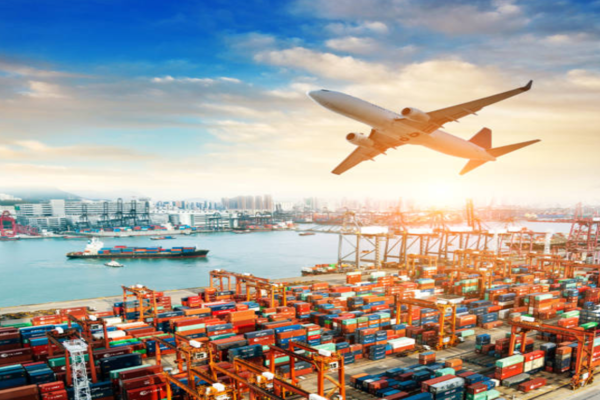
Shipping from China to South Africa involves various methods, each suited to different needs, budgets, and timelines. The primary options include air freight, sea freight, express shipping, and DDP (Delivered Duty Paid) shipping. Understanding these methods will help you select the best option for your business or personal requirements.
Air freight from China to South Africa: Pros and Cons
Air freight is one of the fastest ways to transport goods from China to South Africa. It is ideal for time-sensitive shipments but comes with higher costs compared to other methods. Depending on your specific needs, you can choose between port-to-port or door-to-door services. Below, I’ll break down these options.
Air freight port to port in South Africa
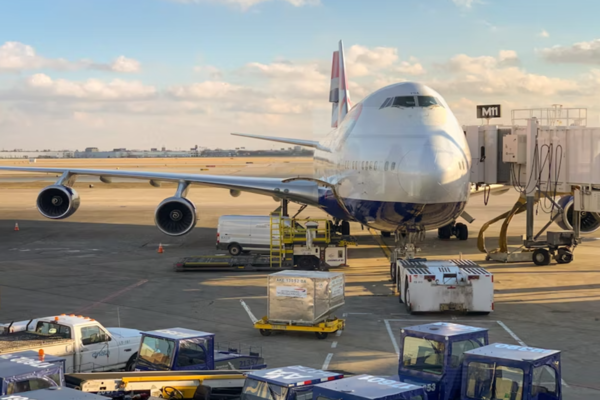
Air freight port-to-port involves shipping goods to an airport in South Africa, leaving the consignee to handle customs clearance and final delivery.
Advantages:
- Cost-effective compared to door-to-door air freight.
- Ideal for businesses with established logistics arrangements in South Africa.
Disadvantages:
- Requires the consignee to manage customs and final delivery.
- Less suitable for small businesses without a local logistics partner.
Best for:
- Large shipments or companies with established freight handling in South Africa.
Air freight door to door in South Africa
Door-to-door air freight includes delivery from your supplier’s location in China directly to your address in South Africa.
Advantages:
- Hassle-free as the freight forwarder handles all processes, including customs clearance and delivery.
- Suitable for businesses without local logistics expertise.
Disadvantages:
- Higher costs compared to port-to-port shipping.
- May include hidden fees if the terms are unclear.
Best for:
- Time-sensitive shipments or e-commerce businesses requiring fast and reliable delivery.
Sea freight from China to South Africa: FCL vs. LCL
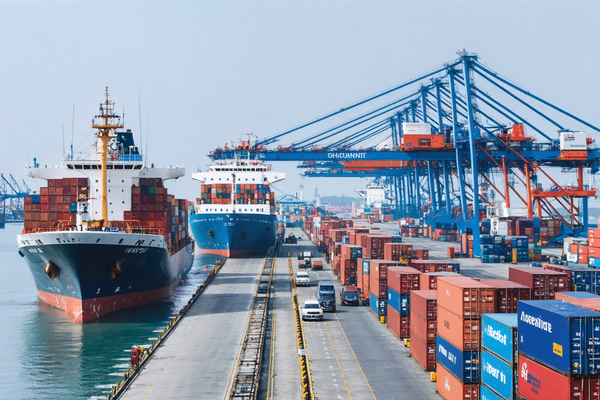
Sea freight is a cost-effective option for shipping large volumes of goods from China to South Africa. Depending on the size of your shipment, you can choose between Full Container Load (FCL) and Less than Container Load (LCL) services. Let’s explore these two options in detail.
FCL Shipping from China to South Africa
Full Container Load (FCL) shipping means your goods occupy the entire container.
Advantages:
- Lower cost per unit for large shipments.
- Reduced risk of damage since the container is exclusively yours.
Disadvantages:
- Higher overall cost for small or medium shipments.
- Requires more storage space on arrival.
Best for:
- Large shipments, bulk goods, or fragile items requiring dedicated space.
LCL Shipping from China to South Africa
Less than Container Load (LCL) shipping consolidates your goods with those of other shippers.
Advantages:
- Cost-effective for smaller shipments.
- Flexible for businesses shipping less than a container’s worth of goods.
Disadvantages:
- Higher risk of delays or damage due to shared container space.
- Longer consolidation and deconsolidation times.
Best for:
- Small or medium shipments without time constraints.
Express Shipping from China to South Africa: Is It Worth It?

Express shipping is the fastest but most expensive method for shipping from China to South Africa. It’s ideal for urgent shipments or high-value items. Major providers like DHL, FedEx, and UPS offer reliable and efficient services. Below, I’ll compare the main options.
DHL Express from China to South Africa
DHL offers excellent global coverage with fast transit times.
Advantages:
- Reliable and fast delivery (2-4 days on average).
- Comprehensive tracking and excellent customer support.
Disadvantages:
- High costs for larger shipments.
- May incur additional surcharges for remote areas.
FedEx Express from China to South Africa
FedEx provides competitive express services with a strong focus on customer satisfaction.
Advantages:
- Reliable for time-sensitive shipments.
- Comprehensive insurance options available.
Disadvantages:
- Limited delivery network in some rural areas.
- Slightly higher costs compared to DHL for certain routes.
DDP Shipping from China to South Africa
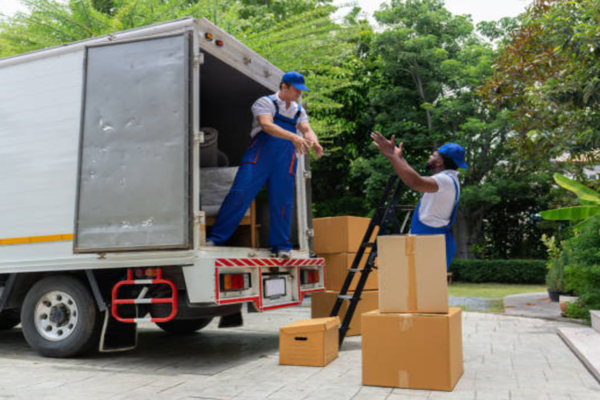
DDP (Delivered Duty Paid) shipping is an all-inclusive solution where the freight forwarder handles everything, including duties, taxes, and customs clearance. It’s an excellent choice for businesses that want a hassle-free shipping experience.
Air Freight DDP Shipping from China to South Africa
Air freight DDP combines the speed of air transport with the convenience of DDP services.
Advantages:
- Fast and reliable with all costs included upfront.
- Perfect for urgent shipments needing comprehensive handling.
Disadvantages:
- Higher costs due to air freight charges.
- Limited to smaller or higher-value shipments.
Best for:
- E-commerce sellers or businesses shipping high-value items.
Sea Freight DDP Shipping from China to South Africa
Sea freight DDP is a cost-effective option for larger shipments.
Advantages:
- Lower shipping costs compared to air DDP.
- Ideal for large or bulky goods.
Disadvantages:
- Slower transit times (weeks instead of days).
- May require advanced planning for delivery deadlines.
Best for:
- Bulk shipments or businesses preferring predictable all-inclusive pricing.
What Ports in South Africa Can You Ship to from China?
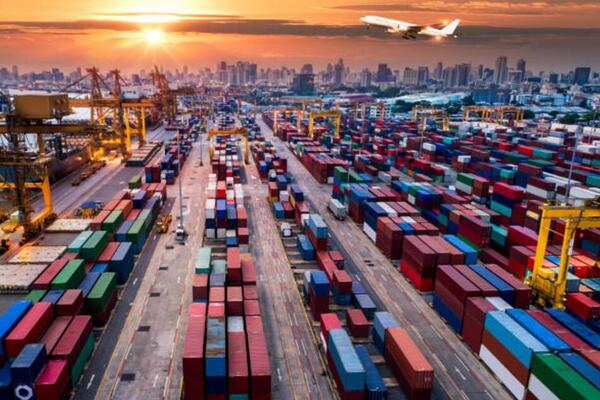
When shipping from China to South Africa, you have several major airports and sea ports to choose from, depending on whether you opt for air or sea freight. Below is a detailed list of the key destinations for both modes of transport.
Major Airports in South Africa
These are the main airports in South Africa that accept international air freight shipments:
| Airport Name | IATA Code | City/Location |
|---|---|---|
| OR Tambo International Airport | JNB | Johannesburg |
| Cape Town International Airport | CPT | Cape Town |
| King Shaka International Airport | DUR | Durban |
| Port Elizabeth International Airport | PLZ | Gqeberha (Port Elizabeth) |
These airports are equipped to handle high volumes of cargo and are well-connected to domestic and regional logistics networks.
Major Sea Ports in South Africa
For sea freight shipments, the following ports are the primary entry points:
| Port Name | City/Location |
|---|---|
| Port of Durban | Durban |
| Port of Cape Town | Cape Town |
| Port of Ngqura (Coega) | Gqeberha (Port Elizabeth) |
| Port of Richards Bay | Richards Bay |
These ports are strategically located along South Africa’s coastline and provide excellent facilities for containerized and bulk cargo. The Port of Durban is especially significant, being the busiest and largest port in Africa.
Which Documents Do You Need to Prepare When Shipping from China to South Africa?
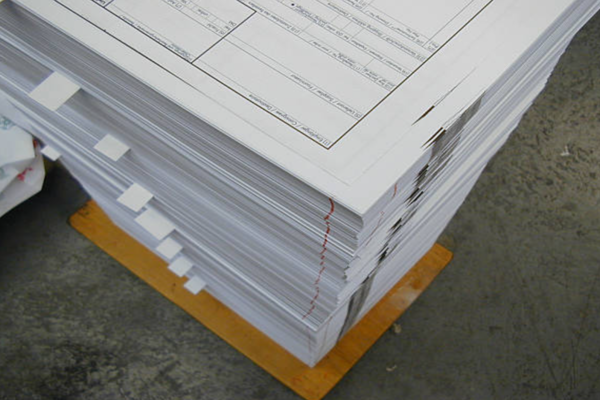
When shipping goods from China to South Africa, proper documentation is essential to ensure smooth customs clearance and avoid delays or fines. Each shipment must meet the legal requirements of both countries. Below is a list of the key documents you need, followed by tips on how to prepare them.
Essential Documentation for Shipping from China to South Africa
Commercial Invoice
A detailed invoice from the seller, including the description, value, and quantity of the goods.Packing List
A document listing the contents of the shipment, including dimensions, weight, and packaging details.Bill of Lading (BOL) or Airway Bill (AWB)
A contract of carriage between the shipper and the carrier, specifying the shipment’s terms and conditions.Certificate of Origin
A document confirming where the goods were manufactured, often required for duty assessment.Import Permit (if applicable)
Some products require an import permit to be cleared through South African customs.Customs Declaration Form
A form detailing the shipment for customs clearance purposes.Insurance Certificate
Proof of cargo insurance coverage, protecting against potential losses or damages during transit.Proforma Invoice (Optional but useful)
A preliminary invoice provided before shipment to outline the estimated costs.Packing Declaration (if required)
A document stating that the packing materials meet import regulations.
Tips for Preparing These Documents
If you’re unsure about how to prepare these documents, there are two reliable options:
Ask Your Chinese Supplier for Help
Suppliers are often experienced in export procedures and can provide most of the required documents, such as the commercial invoice, packing list, and certificate of origin.Work with a China Freight Forwarder
A professional freight forwarder, like DFH Logistics, can handle the preparation of shipping documents, ensuring accuracy and compliance with both Chinese and South African regulations. This option saves you time and minimizes the risk of errors or delays.
By securing the necessary documents and relying on experienced support, you’ll have a smooth and efficient shipping experience.
What Products Can Be Imported from China to South Africa?
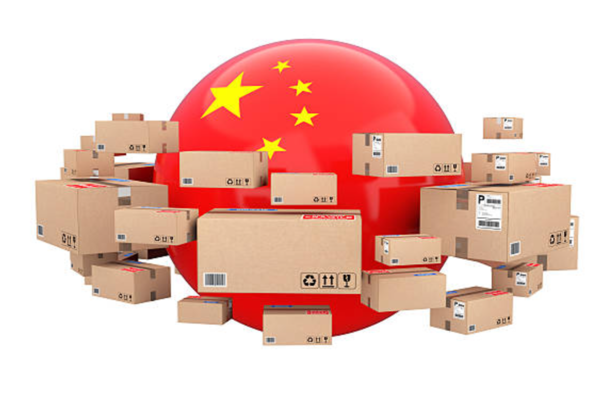
China is a major trading partner for South Africa, supplying a wide range of goods across various industries. Below is a list of popular products that are commonly imported from China to South Africa, followed by examples of items that are prohibited or restricted for shipping.
Commonly Imported Products from China to South Africa
| Category | Examples |
|---|---|
| Electronics | Power banks, headphones, LED lighting, speakers |
| Clothing & Textiles | Apparel, fabrics, footwear |
| Machinery | Industrial equipment, generators, tools |
| Furniture | Office chairs, tables, beds, home décor |
| Toys & Games | Educational toys, puzzles, electronic toys |
| Beauty Products | Cosmetics, skincare, haircare products |
| E-commerce Items | Small gadgets, accessories, home essentials |
| Building Materials | Tiles, hardware, electrical fittings |
| Automotive Parts | Spare parts, batteries, tires |
Prohibited and Restricted Items for Shipping to South Africa
While many products can be imported freely, South Africa has restrictions and prohibitions on certain items.
| Prohibited Items | Restricted Items |
|---|---|
| Narcotics and illegal drugs | Certain agricultural products (require permits) |
| Counterfeit or pirated goods | Firearms and ammunition (require permits) |
| Hazardous materials (e.g., explosives, toxins) | Some food items (require health certificates) |
| Products that violate intellectual property | Medicines and chemicals (require approval) |
| Items made from endangered wildlife species | Alcohol and tobacco (limited quantities allowed) |
Key Notes for Importers
- Verify Regulations: Always check South Africa’s import regulations before shipping, as rules may change based on the product category.
- Seek Guidance: If you are unsure about the status of an item, consult your China freight forwarder or South African customs authority for clarity.
- Documentation for Restricted Items: Restricted products often require special permits or certifications, which should be arranged in advance to avoid delays.
By understanding what is allowed and restricted, you can plan your shipments effectively and avoid potential complications.
How Long Does It Take to Ship from China to South Africa?

Shipping times from China to South Africa vary depending on the transportation method you choose. Air freight offers the fastest transit times, while sea freight is more cost-effective but slower. Here’s an overview of typical shipping times for different methods, along with the factors that may influence these durations.
Estimated Shipping Times from China to South Africa
| Shipping Method | Estimated Transit Time |
|---|---|
| Express Shipping | 3–7 days |
| Air Freight | 5–10 days |
| Sea Freight (FCL) | 25–35 days (to port only) |
| Sea Freight (LCL) | 30–45 days (including consolidation) |
| DDP Shipping (Air) | 7–12 days (door-to-door) |
| DDP Shipping (Sea) | 45–60 days (door-to-door) |
Factors That Affect Shipping Times from China to South Africa
Shipping Method
The chosen mode of transport significantly impacts shipping times. Express services are the fastest, while sea freight takes much longer due to maritime travel and port handling.Port and Airport Locations
The proximity of the origin and destination points to major ports or airports can influence transit times. Remote locations may require additional inland transportation.Customs Clearance Delays
Customs processes in both China and South Africa can add to shipping times, especially if documentation is incomplete or goods are flagged for inspection.Consolidation and Deconsolidation (LCL Shipping)
For LCL shipments, goods from multiple shippers are consolidated into one container, which can add time before departure. Similarly, deconsolidation at the destination port takes additional time.Weather and Seasonal Demand
Bad weather, port congestion, and peak shipping seasons (e.g., holidays) can lead to unexpected delays.Freight Forwarder Efficiency
The expertise and reliability of your freight forwarder play a critical role. Experienced providers like DFH Logistics can help reduce delays by ensuring proper documentation and streamlined processes.
By considering these factors and choosing the right shipping method for your needs, you can plan your shipments effectively and minimize unexpected delays.
What Is the Best Shipping Method from China to South Africa?
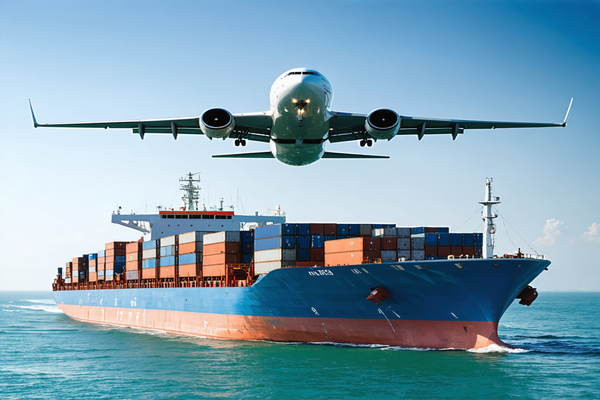
The best shipping method from China to South Africa depends on your specific needs, such as budget, urgency, and the type of goods being shipped. Each method has unique advantages:
- Express Shipping: Ideal for urgent shipments or high-value goods requiring quick delivery (3–7 days).
- Air Freight: Balances speed and cost for medium-sized shipments (5–10 days).
- Sea Freight (FCL or LCL): Perfect for bulk goods, offering the lowest cost per unit (25–45 days).
- DDP Shipping: Provides convenience by handling customs clearance and duties, suitable for those wanting a hassle-free solution.
For most businesses, a China-based freight forwarder offering flexible air, sea, and express shipping options is the best approach. This ensures you receive tailored solutions and efficient logistics management.
What Is the Cheapest Shipping Method from China to South Africa?
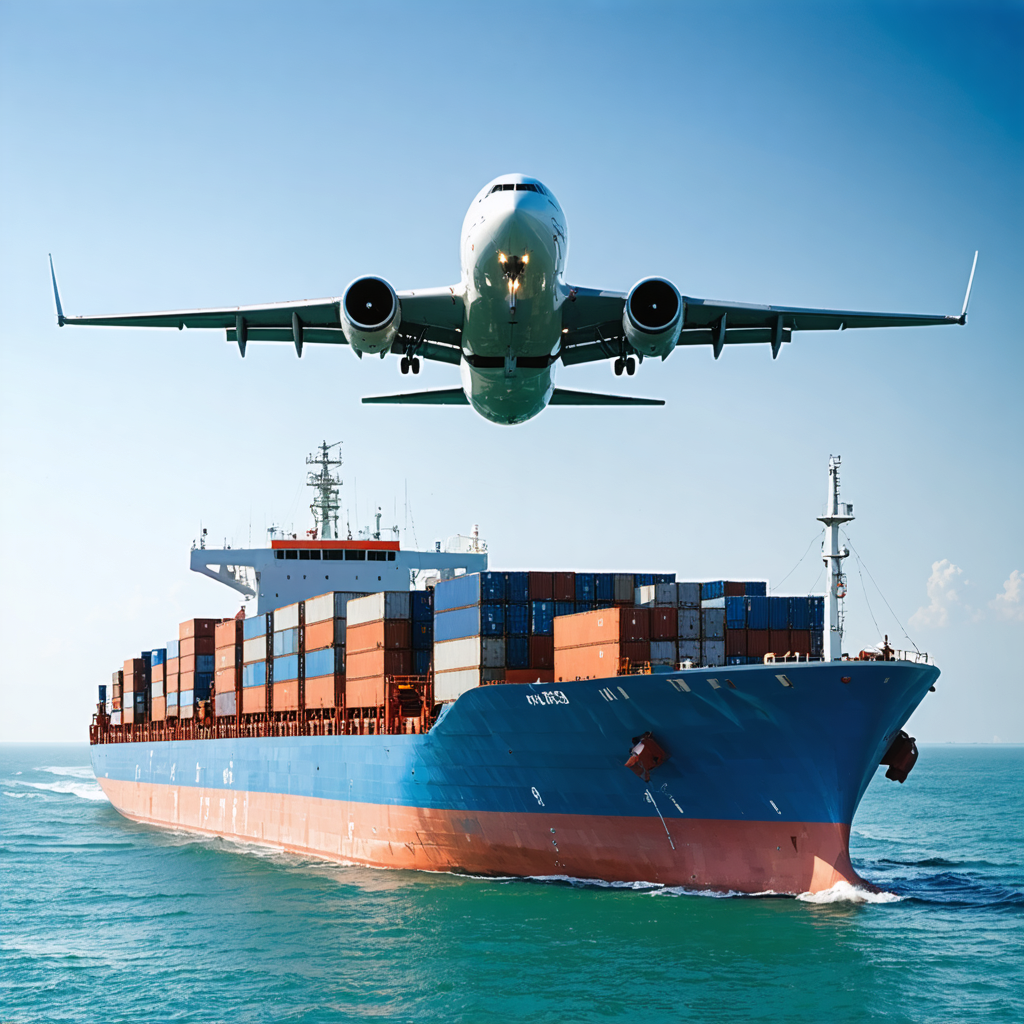
If minimizing shipping costs is your priority, sea freight is the cheapest option for transporting goods from China to South Africa. Here’s why:
- FCL (Full Container Load): Cost-effective for large shipments as you pay for the entire container, regardless of how full it is.
- LCL (Less than Container Load): Ideal for smaller shipments, as costs are shared with other shippers.
Comparison of Shipping Costs
| Shipping Method | Cost | Best For |
|---|---|---|
| Express Shipping | High | Urgent, small shipments |
| Air Freight | Medium | Time-sensitive, medium-sized shipments |
| Sea Freight (FCL/LCL) | Low | Bulk goods or non-urgent shipments |
| DDP Shipping | Medium to High | Hassle-free delivery with duties prepaid |
To save costs without compromising efficiency, work with a reliable China-based freight forwarder. They can consolidate shipments, negotiate competitive rates, and guide you to the most cost-effective solution.
How to Do the Customs Clearance from China to South Africa?
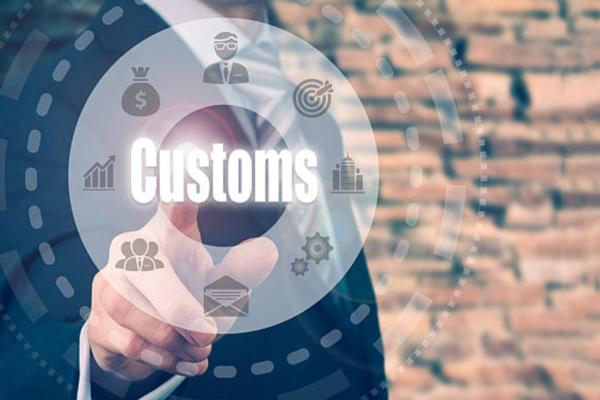
Customs clearance is a vital step in the shipping process from China to South Africa. It ensures that all goods meet regulatory requirements for import. Here’s how to navigate the process:
Prepare Essential Documentation
You’ll need documents like the commercial invoice, packing list, bill of lading (or airway bill), and certificate of origin. Additional permits may be required for restricted items.Submit Customs Declaration
File a detailed customs declaration, specifying the type, value, and origin of the goods. This can usually be done electronically.Pay Duties and Taxes
Duties and VAT must be paid before goods are released. Ensure you have funds ready to avoid delays.Customs Inspection
If your shipment is flagged for inspection, provide access and any additional information required.Engage a Freight Forwarder or Customs Broker
To simplify the process, work with a freight forwarder like DFH Logistics, who can manage all customs clearance procedures for you.
Who Pays for Customs When Importing from China to South Africa?
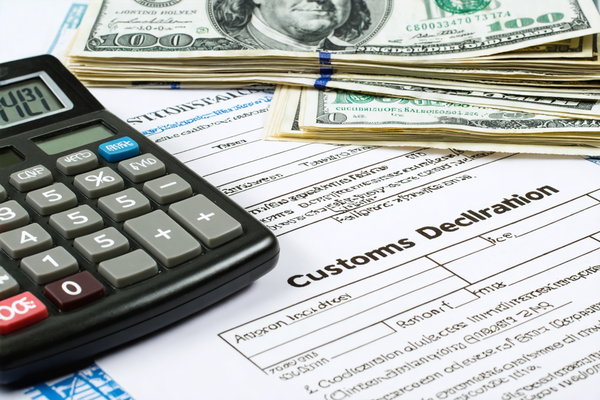
The responsibility for paying customs duties depends on the shipping terms (Incoterms) agreed upon with your supplier:
- EXW (Ex Works): The buyer is responsible for all customs duties and taxes.
- FOB (Free on Board): The buyer pays customs duties in South Africa.
- CIF (Cost, Insurance, Freight): Customs duties are the buyer’s responsibility.
- DDP (Delivered Duty Paid): The seller pays all customs duties and taxes upfront, providing a hassle-free solution for the buyer.
To avoid confusion, clarify these terms with your supplier before shipping.
How Much Duties and Taxes Should You Pay for Importing Goods to South Africa?
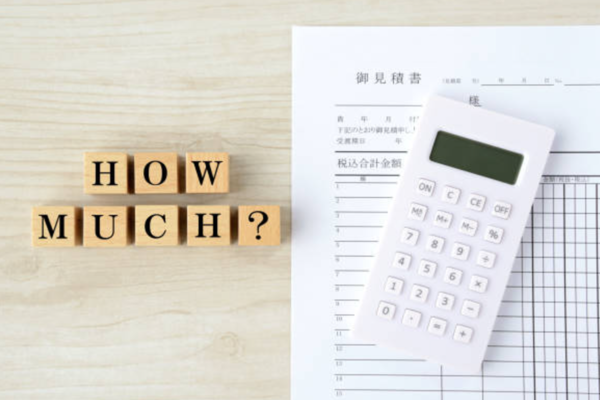
When importing goods from China to South Africa, you’ll need to pay customs duties and VAT. While these rates vary based on the type of goods, here’s a general guideline:
| Tax Type | Rate |
|---|---|
| Customs Duties | Typically 0%–45%, depending on product category |
| VAT | 15% of the total value (CIF + duties) |
Key Notes:
- Customs Duties: Rates depend on the Harmonized System (HS) code of your product. Verify the exact rate for your goods with a customs broker or the South African Revenue Service (SARS).
- VAT Calculation: VAT is calculated on the total cost of goods, including shipping and duties.
Disclaimer: These figures are approximate. For accurate and up-to-date rates, always consult SARS or a professional freight forwarder like DFH Logistics.
By understanding your obligations and partnering with an experienced forwarder, you can ensure compliance and avoid unexpected fees.
Which Incoterms Are Good for Shipping Goods from China to South Africa?
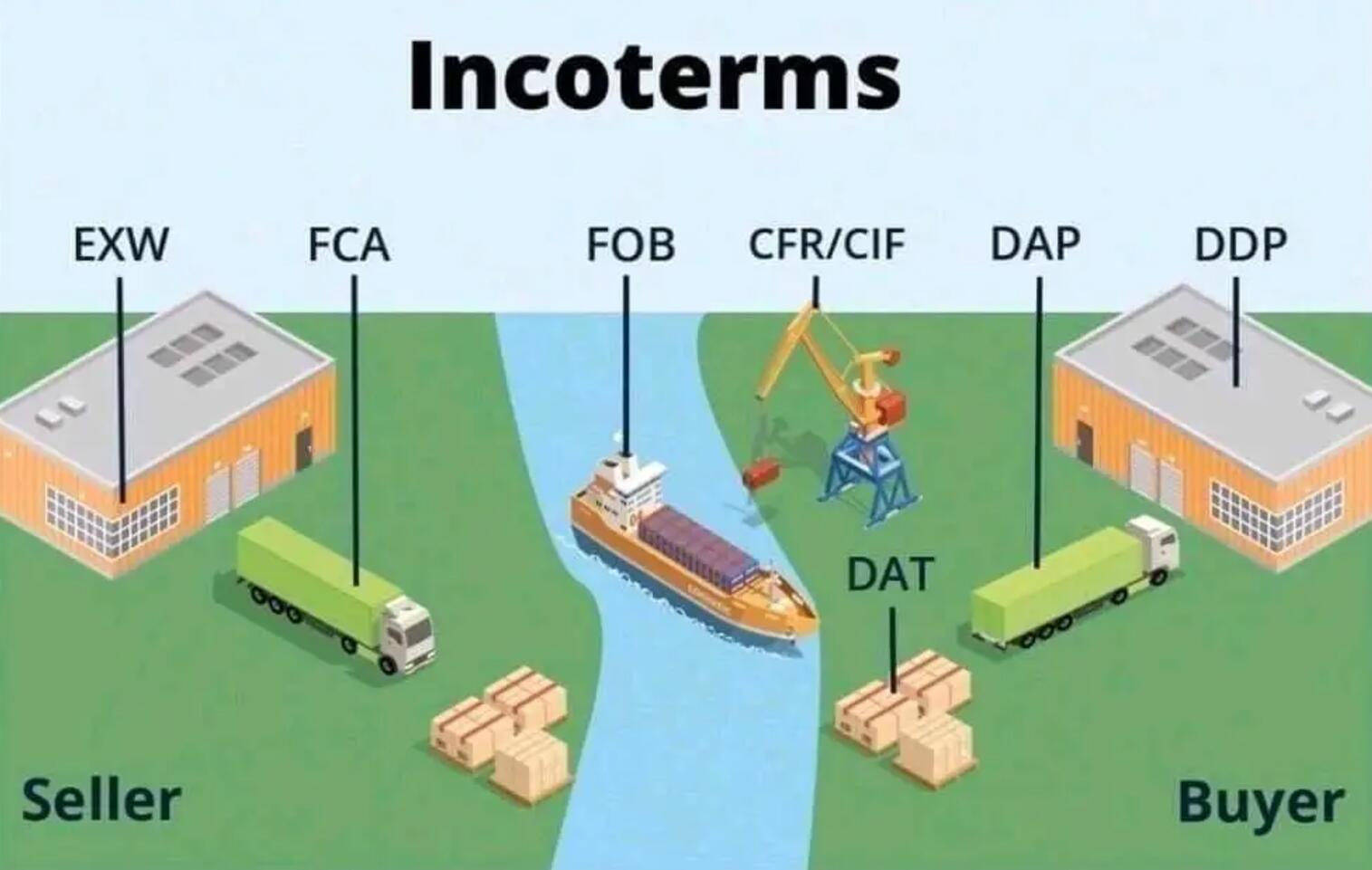
Choosing the right Incoterms is critical for a smooth shipping process from China to South Africa. The most commonly used Incoterms for international shipping are:
EXW (Ex Works)
- The buyer takes full responsibility from the supplier’s warehouse, including freight and customs.
- Best for: Experienced buyers who can handle all logistics.
FOB (Free on Board)
- The seller handles export procedures and delivery to the port in China. The buyer takes responsibility from there.
- Best for: Buyers who want control over freight and insurance beyond the Chinese port.
CIF (Cost, Insurance, Freight)
- The seller covers shipping and insurance to the destination port in South Africa. The buyer handles customs and local delivery.
- Best for: First-time buyers looking for shared responsibilities.
DDP (Delivered Duty Paid)
- The seller takes care of everything, including duties, taxes, and delivery to the buyer’s door.
- Best for: Buyers who prefer a hassle-free solution.
For most importers, FOB and DDP are the most practical choices, offering a balance of control and convenience. But if your Cooperate with DFH Logistics as your China Shipping partner, EXW is the top recommend and Cheapest Incoterms for your to use.
Do I Have to Buy Cargo Insurance When Shipping from China to South Africa?
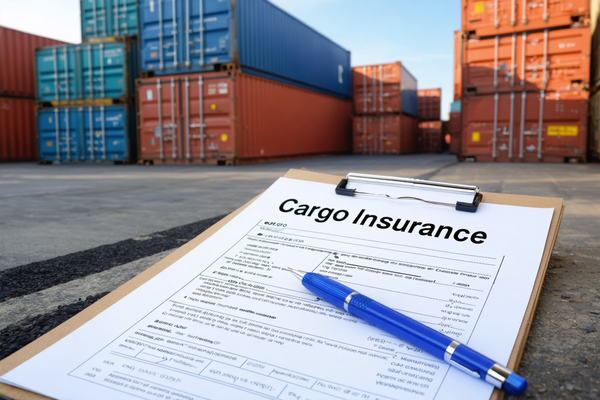
Cargo insurance is not mandatory but highly recommended for shipping from China to South Africa. It protects against risks such as damage, theft, or loss during transit. Without insurance, you might bear significant financial losses if an incident occurs.
When Should You Consider Buying Insurance?
- High-value shipments, such as electronics or machinery.
- Fragile or perishable goods that are more prone to damage.
- Large shipments, where potential losses could be substantial.
Most freight forwarders, including DFH Logistics, can assist you in arranging cargo insurance tailored to your needs.
How Much Does It Cost for the Cargo Insurance?
The cost of cargo insurance depends on the value of your goods, the shipping method, and the type of coverage you choose. Generally, the insurance premium is calculated as a percentage of the declared value of the goods.
| Shipping Method | Average Insurance Cost |
|---|---|
| Air Freight | 0.3%–0.5% of the goods’ value |
| Sea Freight (FCL) | 0.2%–0.4% of the goods’ value |
| Sea Freight (LCL) | 0.4%–0.6% of the goods’ value |
| Express Shipping | Typically included in service or 0.5%–1% |
Example Calculation: If your goods are valued at $10,000 and the insurance rate is 0.4%, the cost would be $40.
By purchasing cargo insurance, you can safeguard your shipment against unforeseen events and ensure peace of mind during transit.
How to Reduce Shipping Costs from China to South Africa?
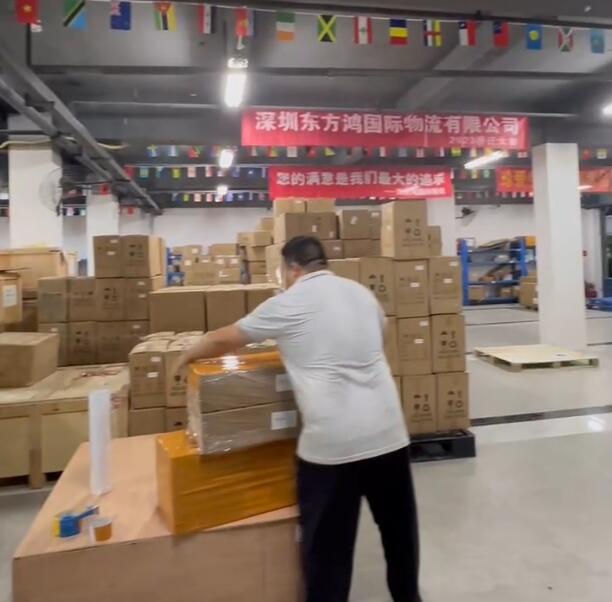
Reducing shipping costs when importing from China to South Africa is crucial for improving profitability. Here are some effective strategies:
Consolidate Shipments
Combine goods from multiple suppliers into one shipment to save on freight and customs costs.Choose the Right Shipping Method
Use sea freight for large, non-urgent shipments, and air freight only for smaller, time-sensitive goods.Work with a Reliable Freight Forwarder
A China-based forwarder like DFH Logistics can secure better rates and optimize your shipping process.Plan Ahead
Book shipments early to avoid peak-season surcharges and delays.Optimize Packaging
Reduce packaging volume to avoid extra dimensional weight charges, especially for air freight.
By implementing these tips, you can minimize costs and streamline your logistics process.
How to Verify Quality Before Shipments Leave China to South Africa?
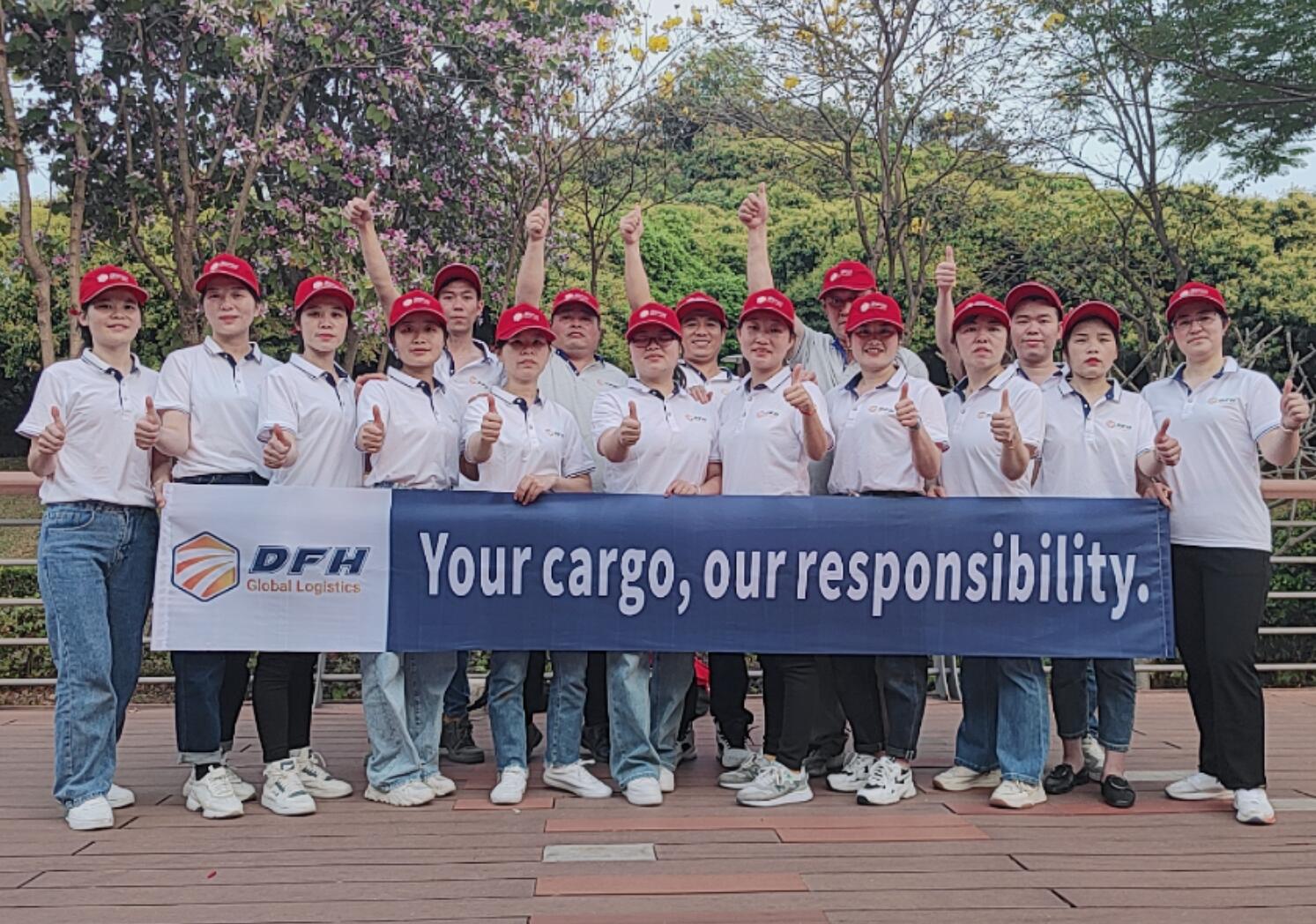
Ensuring product quality before shipping is critical to avoid costly returns or disputes. Here’s how you can verify the quality of your goods:
Request a Pre-Shipment Inspection
Hire a third-party inspection company to check the goods for defects, compliance, and accuracy.Ask for Samples
Always request product samples from suppliers before placing bulk orders.Work with a Freight Forwarder Offering Inspection Services
Some freight forwarders, like DFH Logistics, provide quality checks at their warehouses, including quantity verification, packaging inspection, and photo/video documentation.Supplier Audits
Conduct audits to ensure the supplier adheres to quality standards and production timelines.
Verifying quality upfront prevents delays, financial losses, and damaged customer relationships.
How to Ship from Different China Suppliers to South Africa at the Same Time?
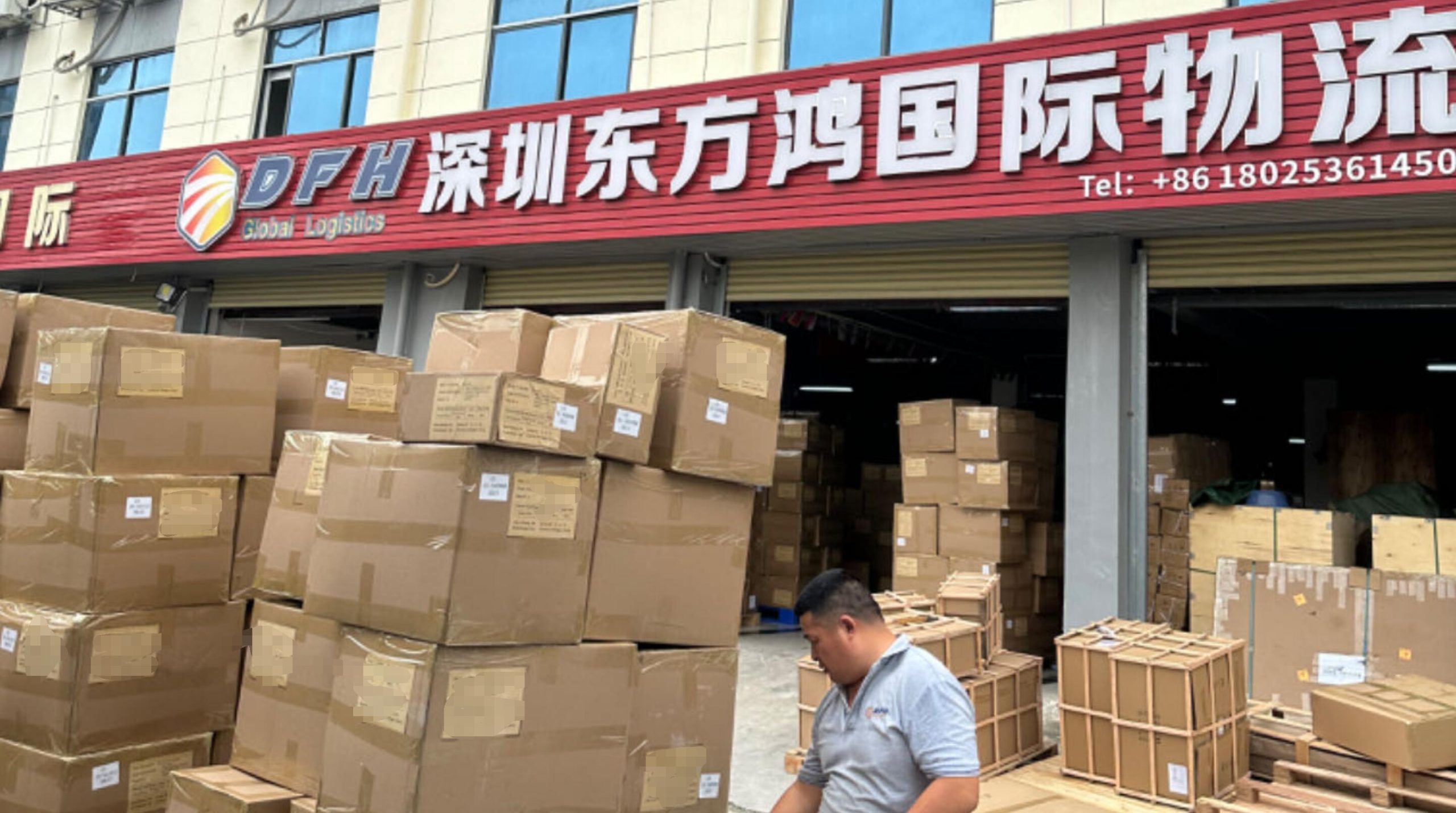
Shipping goods from multiple suppliers in China to South Africa is efficient and cost-effective when using consolidation services provided by a reliable freight forwarder like DFH Logistics.
Benefits of Consolidation Services:
Cost Savings
Combining goods into one shipment reduces overall freight charges and customs costs.Streamlined Logistics
A freight forwarder manages the coordination of pickups from multiple suppliers, ensuring efficient consolidation.Supplier Confidentiality
DFH Logistics ensures that individual suppliers do not contact each other, protecting your sourcing strategy.Improved Packaging Efficiency
Consolidated shipments are optimized for space, reducing shipping volume and weight charges.
How to Track the Shipment from China to South Africa?
After your shipment is dispatched, we provide you with a unique tracking number and the corresponding tracking website. Simply enter the tracking number on the website to access the entire shipping route and updates in real-time. This allows you to monitor your shipment’s progress from pick-up to delivery.
How to Choose a Reliable Freight Forwarder from China to South Africa?
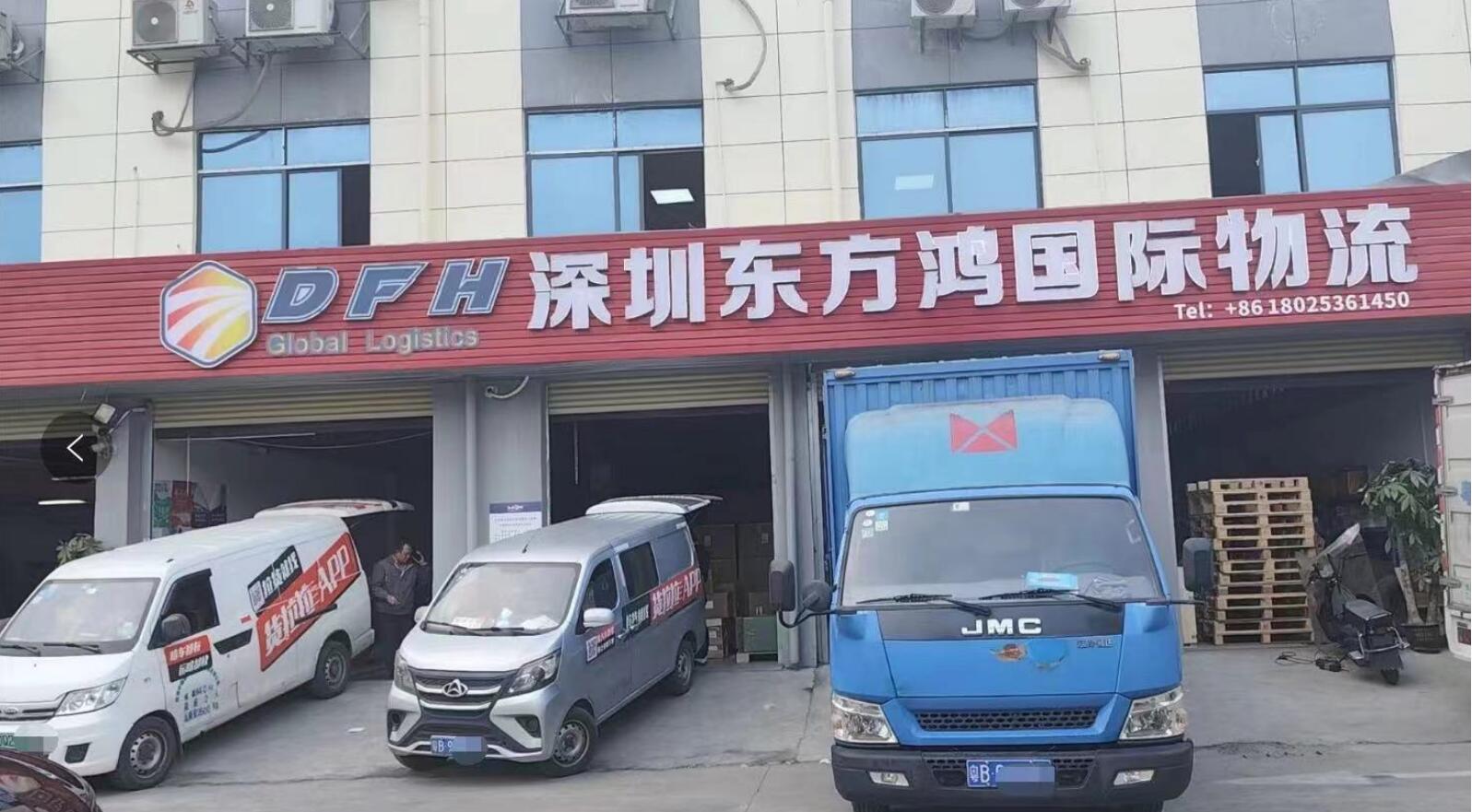
Selecting the right freight forwarder is critical for smooth shipping. Here are some factors to consider:
Experience and Expertise
Look for a forwarder with a proven track record in handling shipments to South Africa.Service Range
Ensure they offer flexible shipping options like air, sea, and express freight, along with additional services like customs clearance and consolidation.Transparency
A good forwarder provides clear pricing, tracking updates, and reliable customer support.Storage and Consolidation Services
For shipments involving multiple suppliers, choose a forwarder with warehousing and consolidation expertise.
Why Consider DFH Logistics as Your Freight Forwarder from China to South Africa?
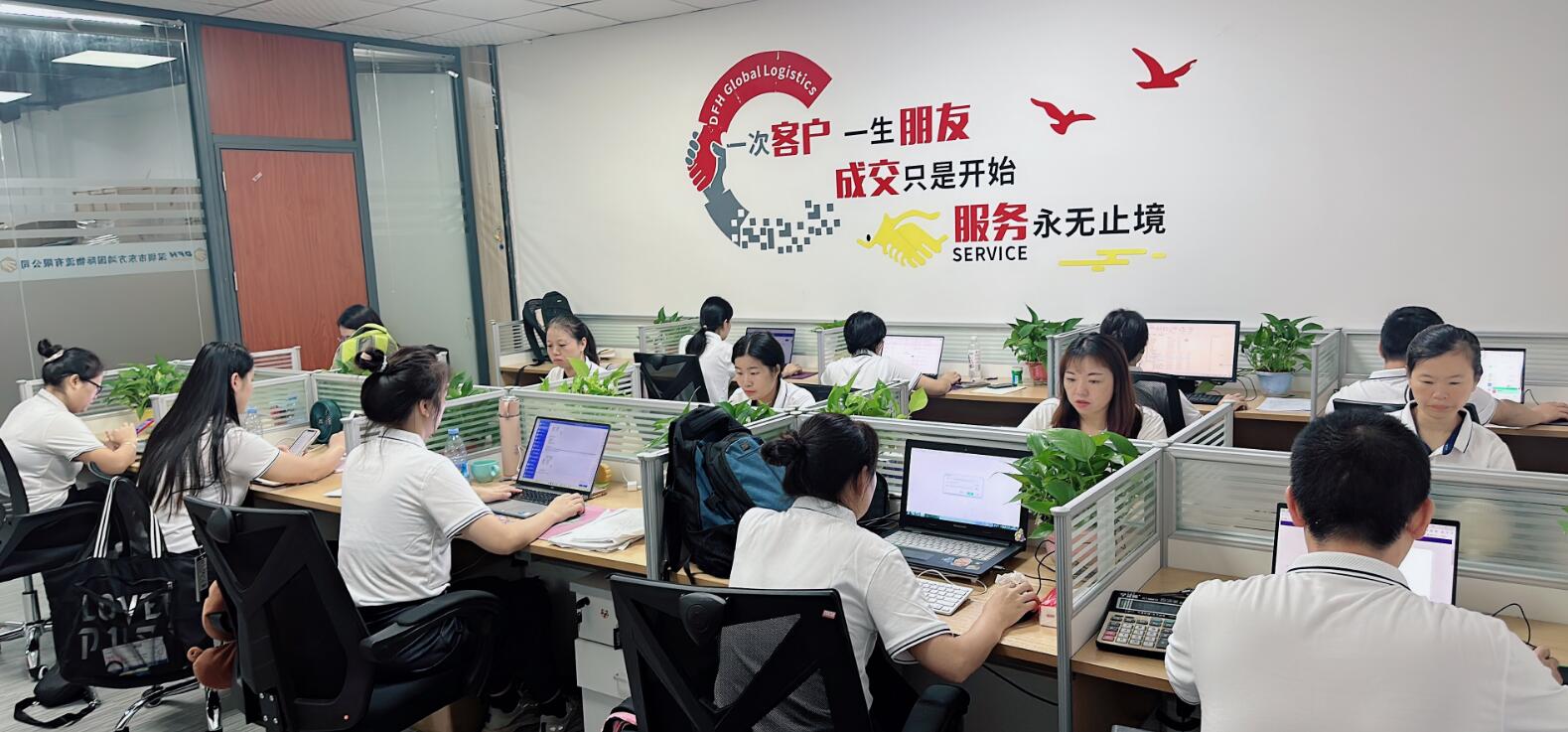
DFH Logistics is a trusted freight forwarder with over a decade of experience helping businesses ship goods from China to South Africa. Here’s why you should consider us:
- Comprehensive Services: We offer air freight, sea freight, express shipping, and DDP options tailored to your needs.
- Free Consolidation and Storage: We provide 30 days of free warehouse storage in China and expert consolidation services to save costs.
- Expert Customs Handling: Our team ensures smooth customs clearance and compliance with local regulations.
- Real-Time Tracking: Stay updated on your shipment’s journey with our tracking tools.
- Dedicated Support: Our professional team is here to assist you every step of the way.
Choosing DFH Logistics means efficiency, reliability, and peace of mind.
Conclusion
Shipping from China to South Africa can be seamless when you choose the right freight forwarder. At DFH Logistics, we are committed to making your shipping process stress-free and cost-effective.
If you have any questions about shipping from China to South Africa, feel free to contact us today. Our team is ready to assist you!

